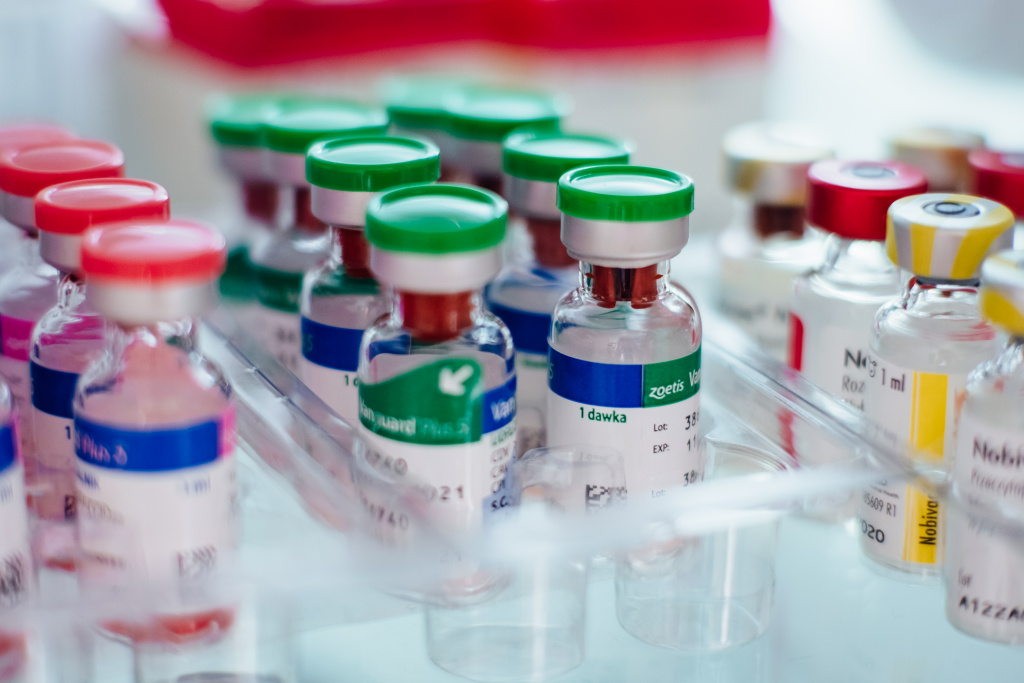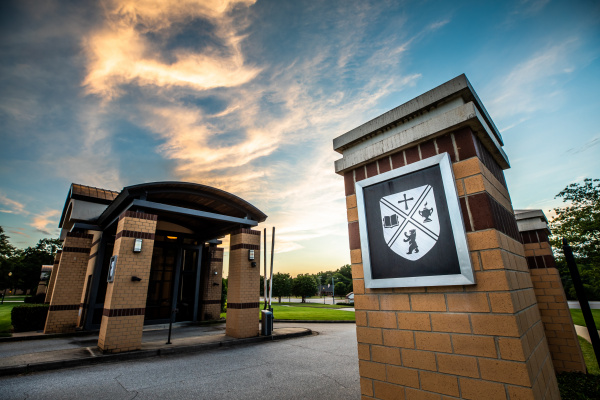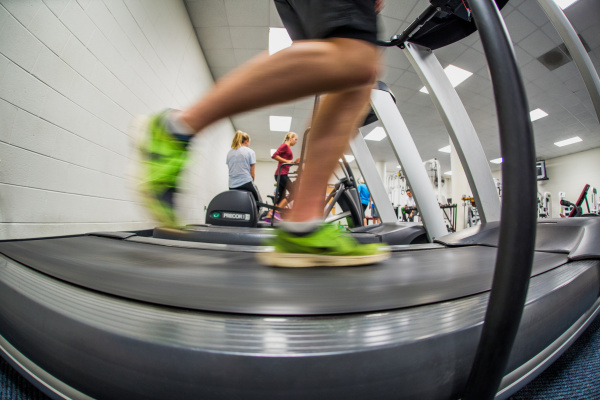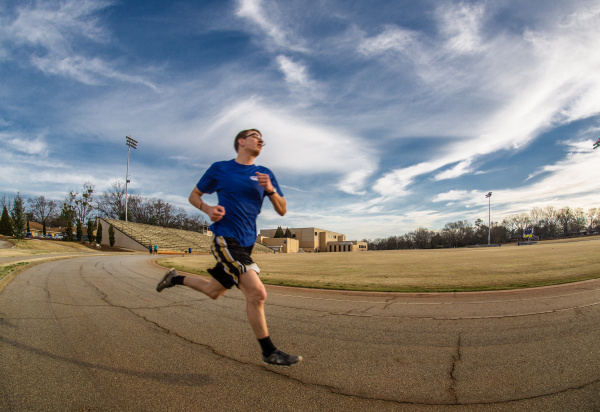One of the questions on the minds of many people, as they face the uncertainty of the future in light of the coronavirus SARS-CoV-2, is whether a vaccine will be available to protect against future exposure to this disease. Developing an effective vaccine for this disease is at the forefront of much current research. As of the end of March 2020, the WHO provided a list of 44 candidate vaccines in clinical evaluation. Two of these had progressed to Phase 1 clinical trials while the other 42 were still in developmental stages. These candidate vaccines are based on many different target molecules within the virus. Here we provide an academic overview of both vaccines in trial.
Among these, the Adenovirus Vector Vaccine (Ad5-nCoV) developed by CanSino Biologics Inc. and the Chinese Academy of Military Medical Sciences’ Institute of Biotechnology, as well as the mRNA Vaccine (mRNA-1273) developed by Moderna and NIH’s National Institute of Allergy and Infectious Diseases (NIAID) have both been approved for Phase I clinical trials.
Ad5-nCoV
Ad5-nCoV is developed on an adenovirus-based viral vector vaccine platform. CanSino Biologics Inc. and Military Medical Sciences’ Bioengineering Institute had previously used the same platform in developing the Ebola vaccine in 2017, which was shown to effectively protect those who are vaccinated for at least a period of time (n=500).
Adenoviral vector vaccines are based on adenovirus with a part of its genome deleted, making it unable to replicate. Genes from other pathogens can be inserted into the adenovirus for the patient’s immune system to recognize. The adenoviral vector vaccine can trigger the immune system to react with potent inflammatory responses and, thus, stimulate the adaptive immune system to develop specific immunity.
In the case of Ad5-nCoV, the adenovirus, which cannot replicate, would express SARS-CoV-2 spike protein. In the wild-type virus, this protein binds to human cells and allows the virus to enter the cell. By artificially alerting the immune system to this viral protein, the vaccine would theoretically induce a robust immune response, thereby training the patient’s immune system to recognize the SARS-CoV-2 spike protein. As a result, the patient would be resistant to SARS-CoV-2 since the immune system can promptly respond to the virus.
The human Phase 1 Clinical Trial will enroll 108 healthy subjects from 18 to 60 in China, who would be divided into low-dose, middle-dose, and high-dose groups, each containing 36 test subjects. The subjects will be observed for adverse reactions as well as the antibody level, which would indicate immunity.
mRNA-1273
mRNA-1273 is a messenger RNA (mRNA) vaccine developed by the NIH’s National Institute of Allergy and Infectious Diseases (NIAID) and collaborators at Moderna, Inc. Although a seemingly promising technology, there is currently no vaccine approved using the mRNA platform. Several mRNA vaccines are going through trials to evaluate efficacy and safety.
If proven effective and safe, the mRNA vaccine platform is capable of developing new vaccines rapidly on a large scale since no living cells are required for the manufacture. An mRNA vaccine would consist of mRNA that codes for one or more proteins specific to the virus. The mRNA can be delivered into the host cell and expressed using the cell’s machinery. Some mRNA vaccines would also include a strand of DNA that codes for genetic replication machinery that would amplify the mRNA used as the vaccine. The protein produced could cause the immune system to respond. If that can be achieved safely, the vaccine would successfully immunize the patient.
NIAID’s Vaccine Research Center and Moderna have other studies with mRNA vaccines targeting the spike proteins of MERS and SARS, two other viruses in the coronavirus family. They were able to quickly adapt their previous work to develop a vaccine candidate for COVID-19. Speed, the most significant advantage the mRNA vaccine platform has, can be seen through the development of mRNA-1273. On January 11th, 2020, the Chinese authorities published the genetic sequence of SARS-CoV-2; shortly after this, on January 13th, 2020, the sequence for mRNA-1273 was finalized. Only 25 days later, the vaccine candidate was successfully manufactured. On March 16th, 2020, the first participant in the Phase 1 clinical trial received the vaccine. The vaccine candidate, mRNA-1273, codes for a form of the Spike (S) Protein that can be found on the surface of SARS-CoV-2.
The Phase 1 Clinical Trial would enroll 45 participants given either low-dose, medium-dose or high-dose. All participants will be then monitored for possible adverse effects to evaluate the safety of the vaccine candidate. The antibody levels of the subjects would also be closely monitored to determine if they would be effectively immunized against SARS-CoV-2.








